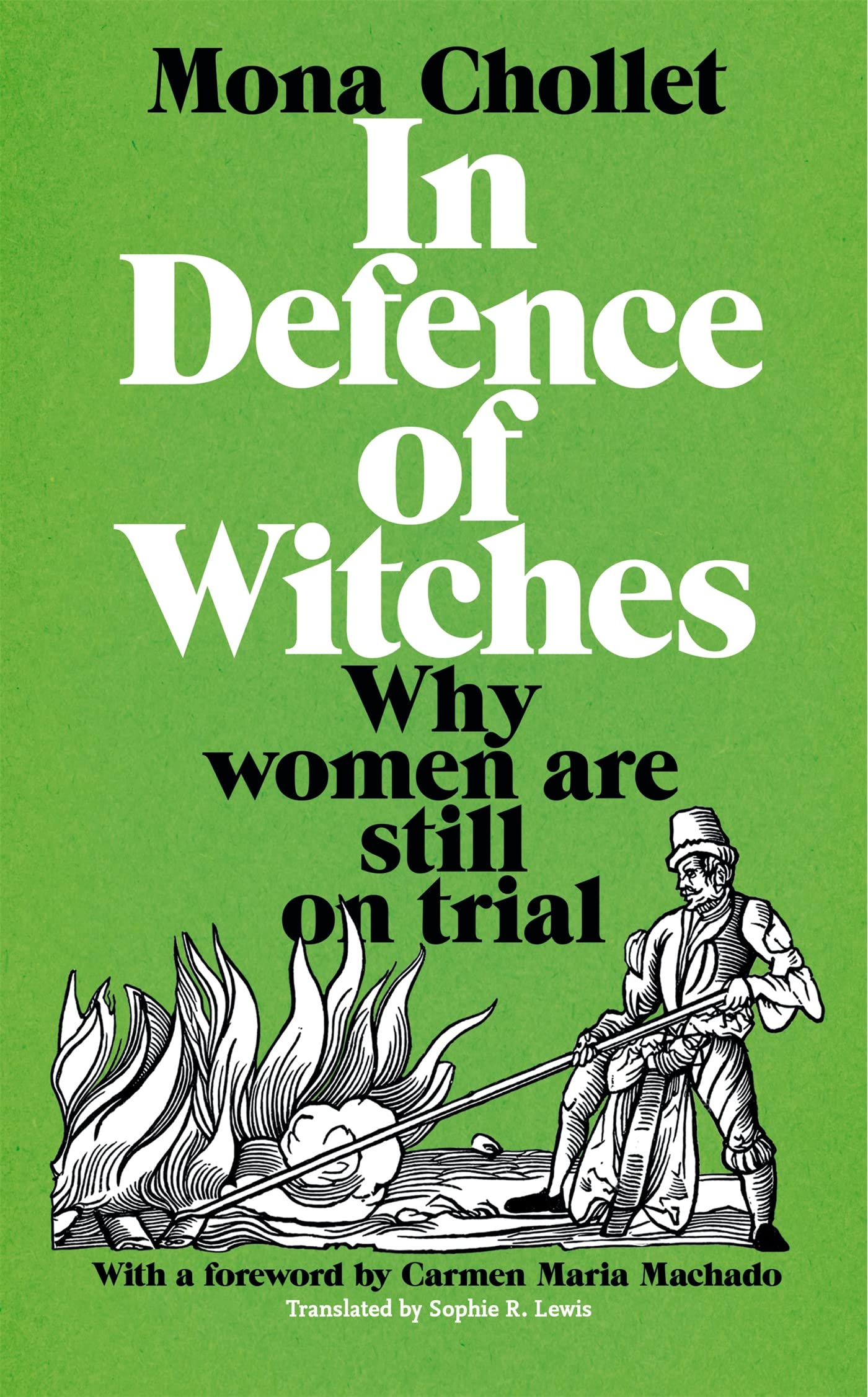What do you think?
Rate this book


240 pages, Kindle Edition
First published September 13, 2018
‘what could have once gotten a woman killed is now available for purchase at Urban Outfitters (within limits, of course. You can sell her crystals but refuse to pay her fair wages).’

‘the members of the Old Religon never worshipped Satan. They were followers of a tripartite Goddess: it was the Christian church who invented Satan and then claimed that witches were Satanists. We had bitten the patriarchal bait on that one…’
‘the branch of patriarchal ideology that justifies and rationalizes a patriarchal social order, and misogyny as the system that polices and enforces its governing norms and expectations.’Chollet says that witch-hunts imposed patriarchal order by violence and the 19th century’s idea of the modern housewife became a new method of imposition that ‘locks women into their role as reproducers and disenfranchises them from participation in the world of work.’ I find it disingenuous that many of the opponents to reproductive rights in the US are similarly opposed to improvements in childcare, maternity leave or general healthcare, which does lead to disenfranchisement because ‘the rights to contraception and abortion [have been] co-opted to reinforce the norms of “good” mothering’. When women were slow to return to work after COVID regulations laxed (and were more affected than male counterparts) but childcare options were still limited and cost restrictive, the same sort of people were quick to decry them as lazy and proclaim nobody has a work ethic anymore. ‘There is something quite intriguing in the way that society forces independent women into miserable lives,’ Chollet writes, ‘the better to confound them thereafter: “Ah! See how unhappy you are!”’
Un homme qui ne devient pas père déroge à une fonction sociale, tandis qu'une femme est censée jouer dans la maternité la réalisation de son identité profonde.*emoji vomi*